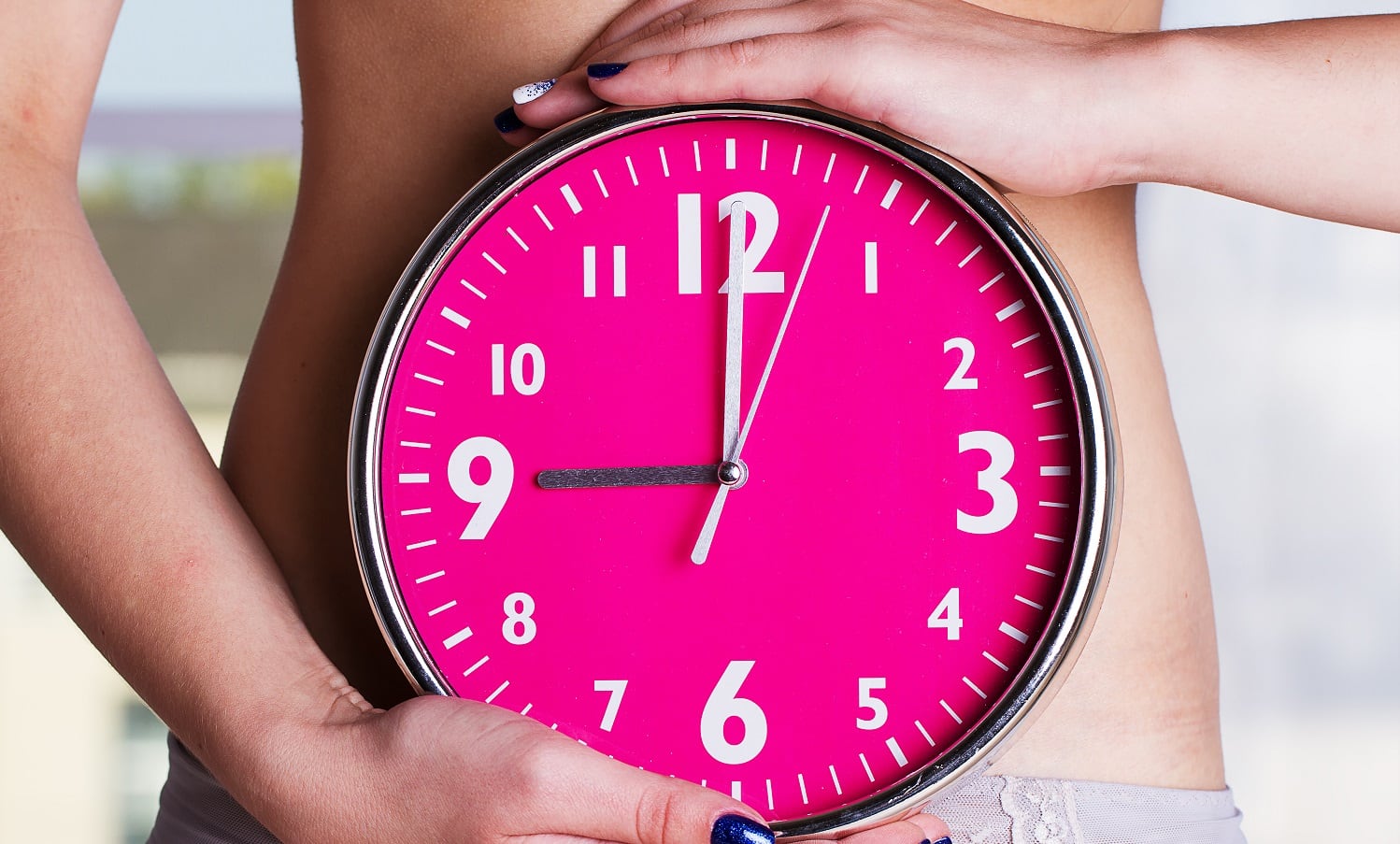The UK's Medical Research Council (MRC) funded study, published in the journal Cell, is the first to identify insulin as a primary signal that helps communicate the timing of meals to the cellular clocks located across our body, commonly known as the body clock.
The team behind the research believe this improved understanding may lead to new ways to alleviate the ill-health associated with disruption to the body clock. These could include eating at specific times or taking drugs that target insulin signalling.
The body clock—also known as the circadian rhythm—is a 24-hour biological cycle that occurs individually in every cell of the body, driving daily rhythms in our physiology, from when we sleep, to hormone levels, to how we respond to medication. It is effected by exposure to daylight and the timing of meals and this synchrony is important for long-term health.
It is well understood that eating at unusual times is a major cause of body clock disruption but it has not previously been known exactly how the body clock senses and responds to meal timing, making it difficult to provide medical advice or interventions that might alleviate the problem.
Researchers at the MRC Laboratory of Molecular Biology (LMB) in Cambridge and the University of Manchester have now identified insulin as a primary signal to the body clock.
The team's experiments in cultured cells, and replicated in mice, show that insulin, a hormone released when we eat, adjusts circadian rhythms in many different cells and tissues individually, by stimulating production of a protein called PERIOD, an essential cog within every cell's circadian clock.
Working with Dr. David Bechtold, a senior lecturer at the University of Manchester, the researchers found that when insulin was provided to mice at the 'wrong' biological time—when the animals would normally be resting—it disrupted normal circadian rhythms, causing less distinction between day and night.
Health implications
Dr. Bechtold said: "We already know that modern society poses many challenges to our health and wellbeing—things that are viewed as commonplace, such as shift-work, sleep deprivation, and jet lag, disrupt our body clock.
"It is now becoming clear that circadian disruption is increasing the incidence and severity of many diseases, including cardiovascular disease and type 2 diabetes."
Dr. Priya Crosby, a researcher at the MRC LMB and lead author on the study, added: "Our data suggests that eating at the wrong times could have a major impact on our circadian rhythms. There is still work to do here, but paying particular attention to meal timing and light exposure is likely the best way to mitigate the adverse effects of shift-work.
"Even for those who work more traditional hours, being careful about when we eat is an important way to help maintain healthy body clocks, especially as we age."
Source: Cell
DOI: 10.1016/j.cell.2019.02.017
"How eating feeds into the body clock."
Authors: Crosby. P., et al

